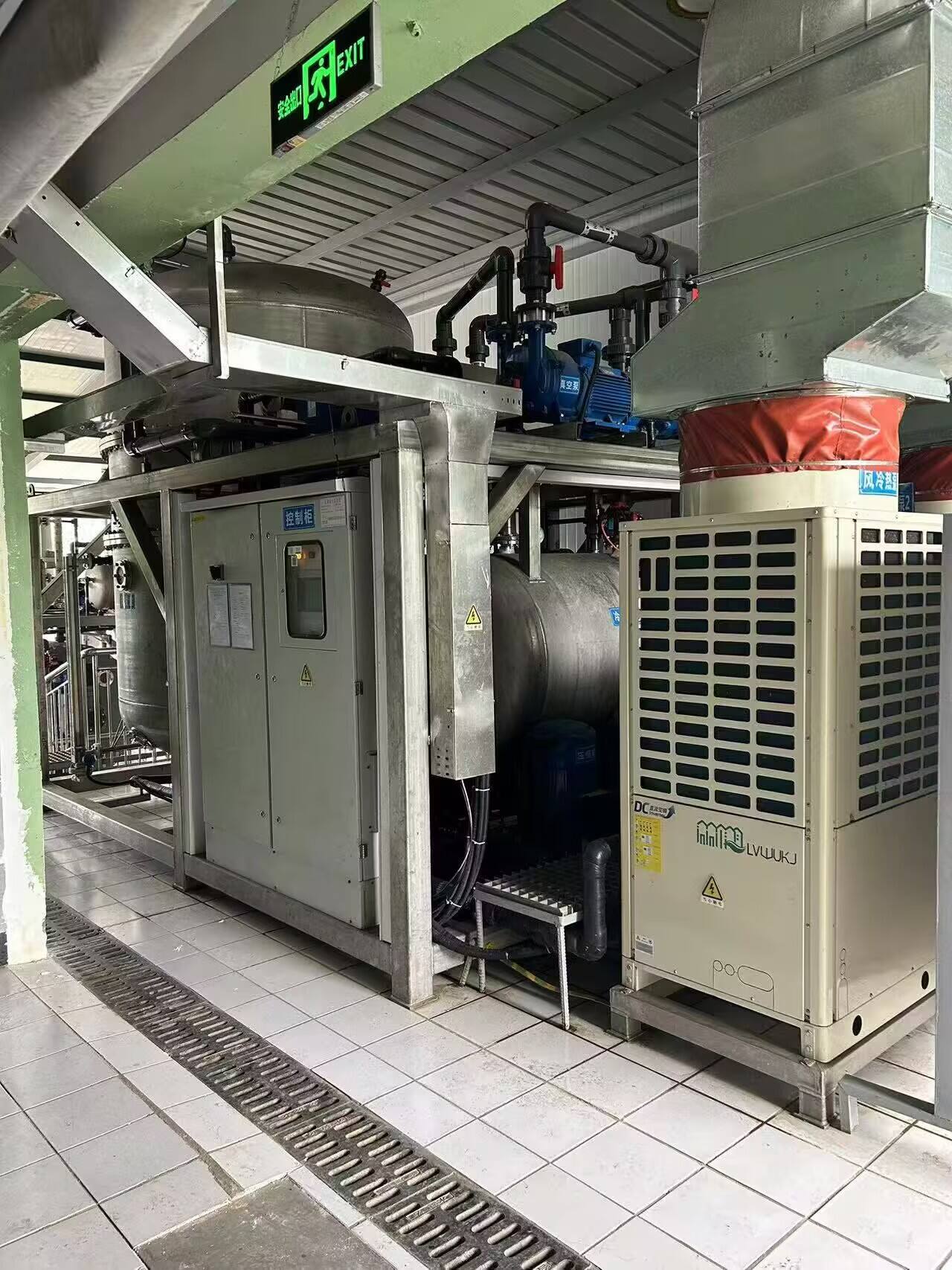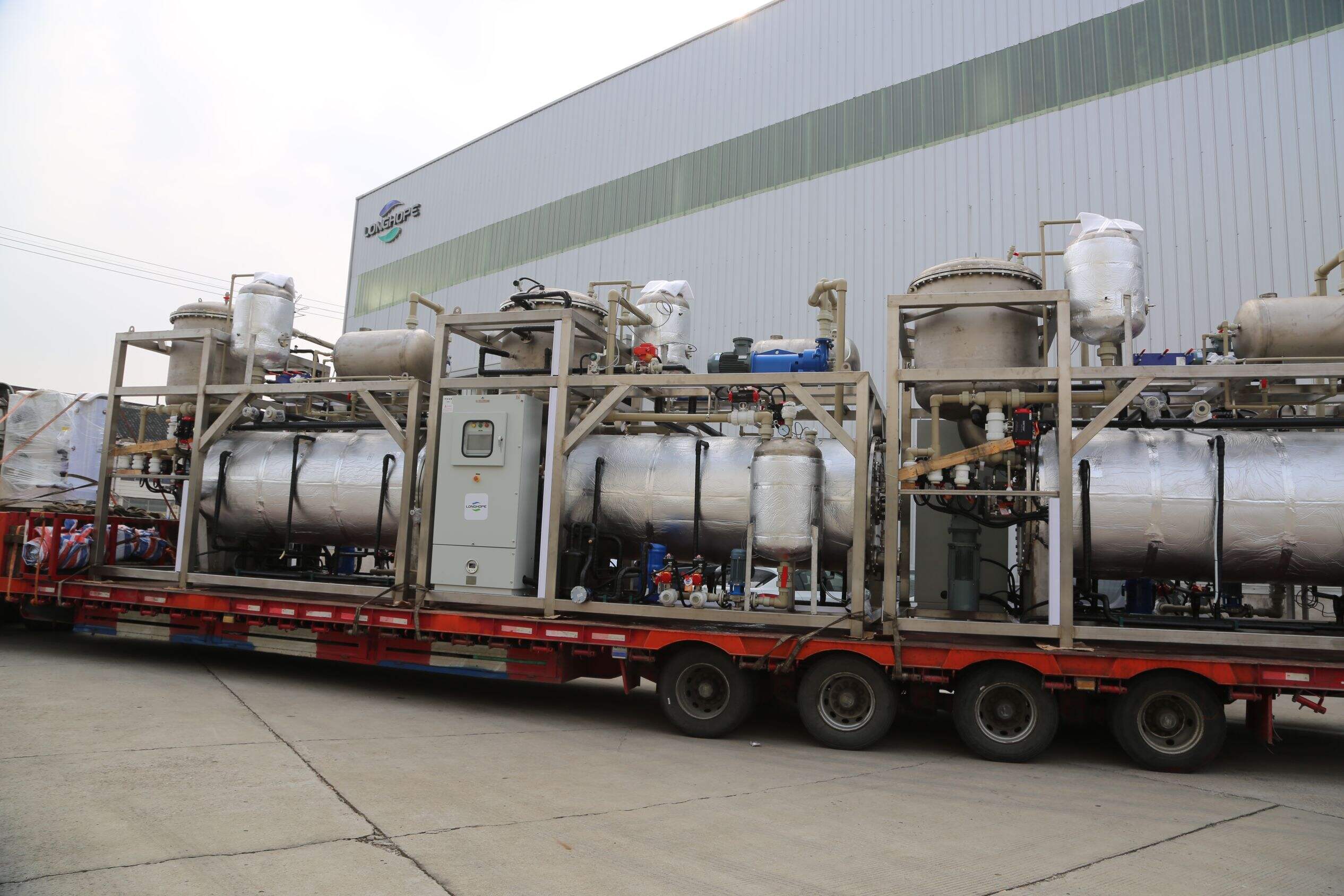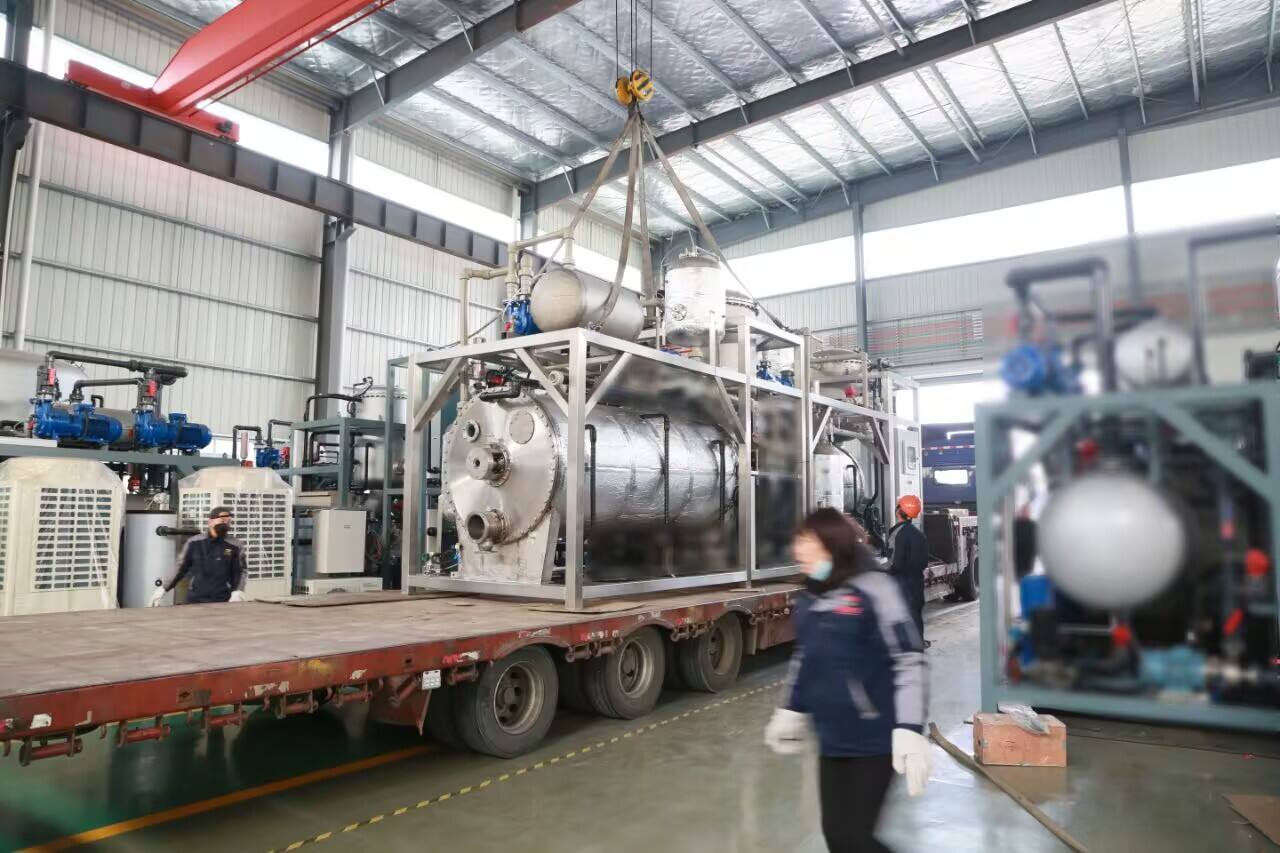industrial waste water treatment process
Industrial wastewater treatment is a comprehensive process designed to purify and reclaim water from manufacturing and industrial operations. This sophisticated system employs multiple stages of treatment, including physical, chemical, and biological processes, to remove contaminants and pollutants from water used in industrial activities. The primary functions include the removal of suspended solids, reduction of chemical oxygen demand (COD), elimination of harmful substances, and preparation of water for either safe discharge or reuse. The process typically begins with preliminary treatment, where large debris and solids are removed through screening and settling. This is followed by primary treatment, which involves physical separation methods such as sedimentation and flotation. Secondary treatment utilizes biological processes where microorganisms break down organic contaminants. Advanced tertiary treatment may include membrane filtration, UV disinfection, and chemical treatment for specific pollutant removal. The system incorporates real-time monitoring and control systems to maintain optimal performance and ensure compliance with environmental regulations. Modern industrial wastewater treatment facilities are designed to be energy-efficient and can be scaled to handle various flow rates and contamination levels, making them suitable for diverse industrial applications.


